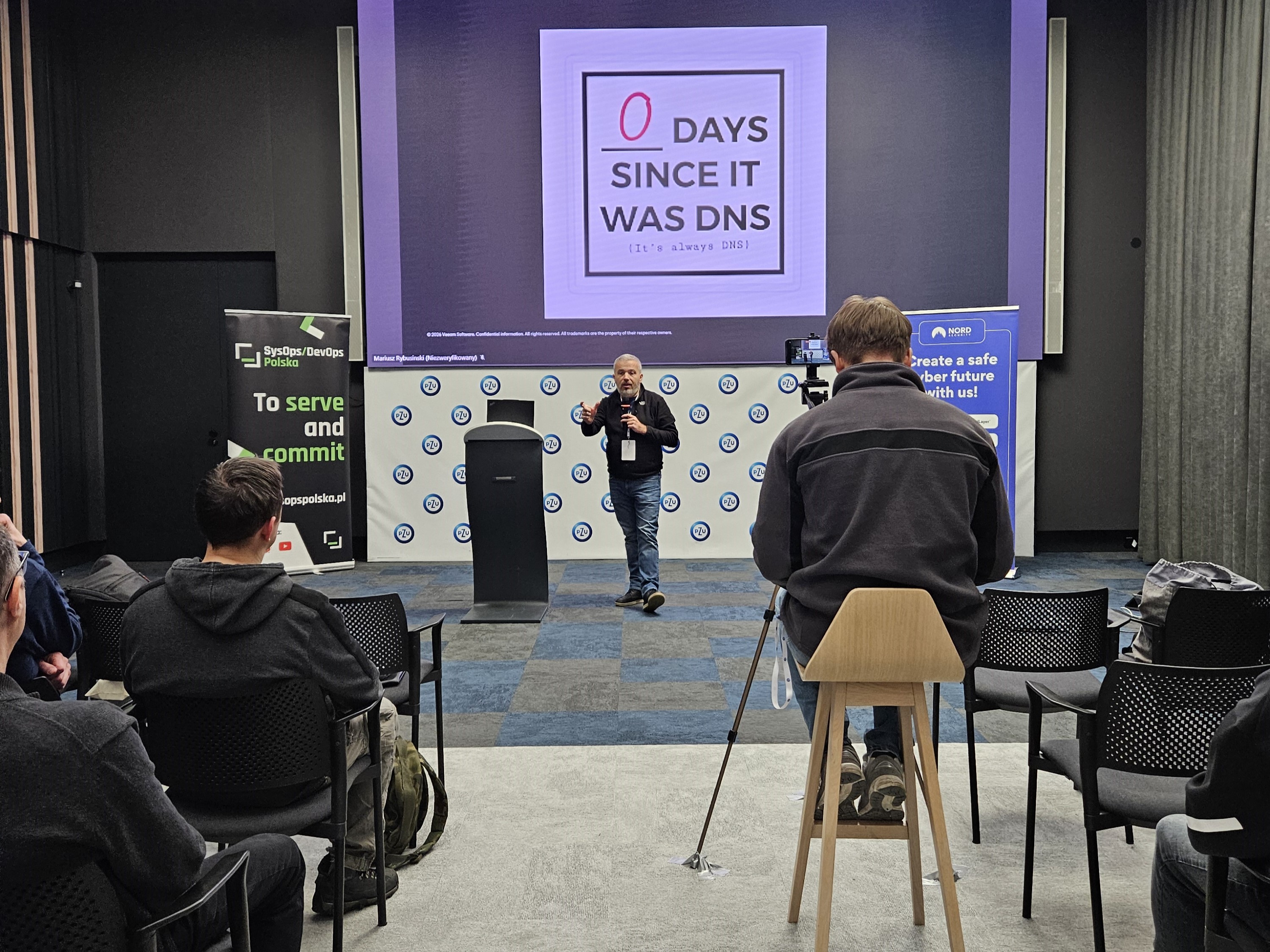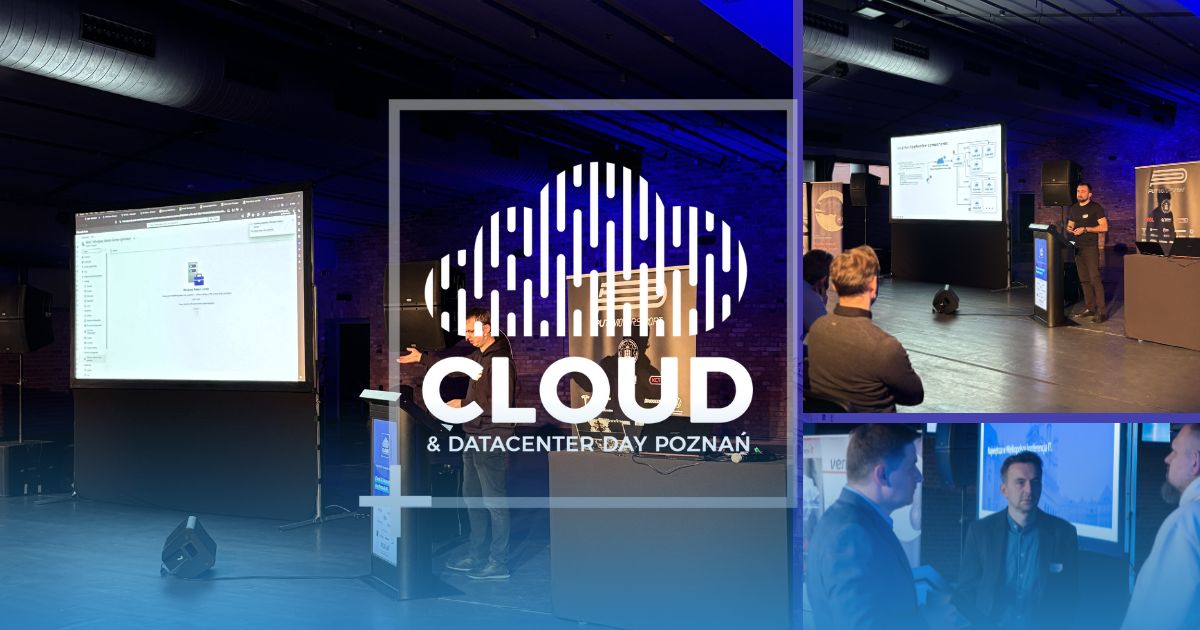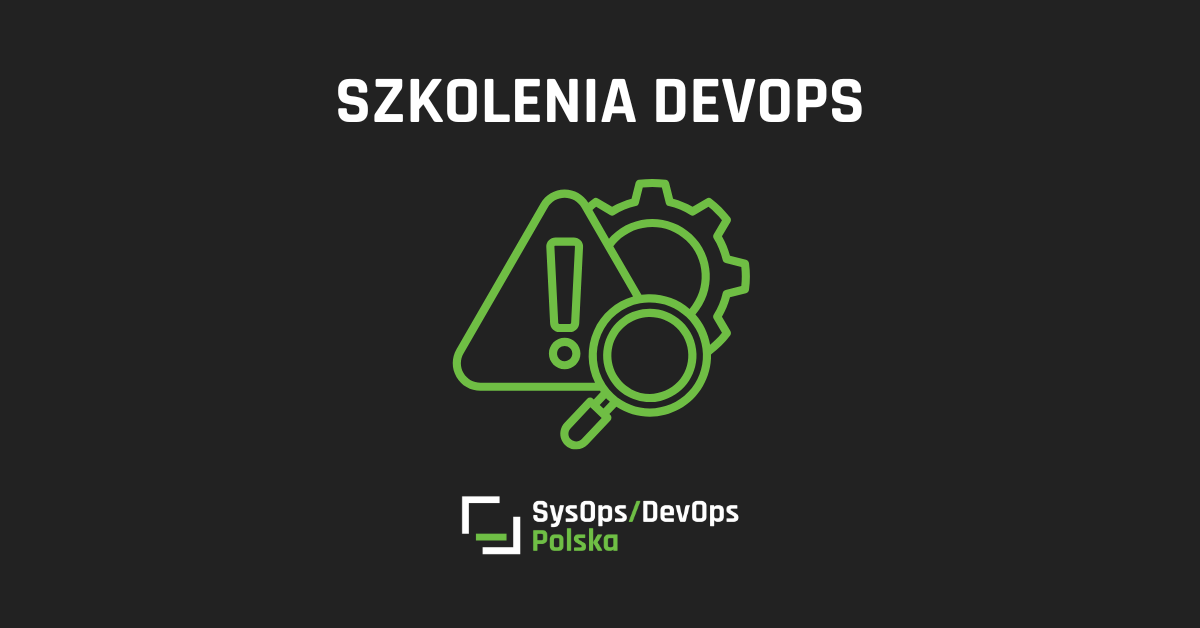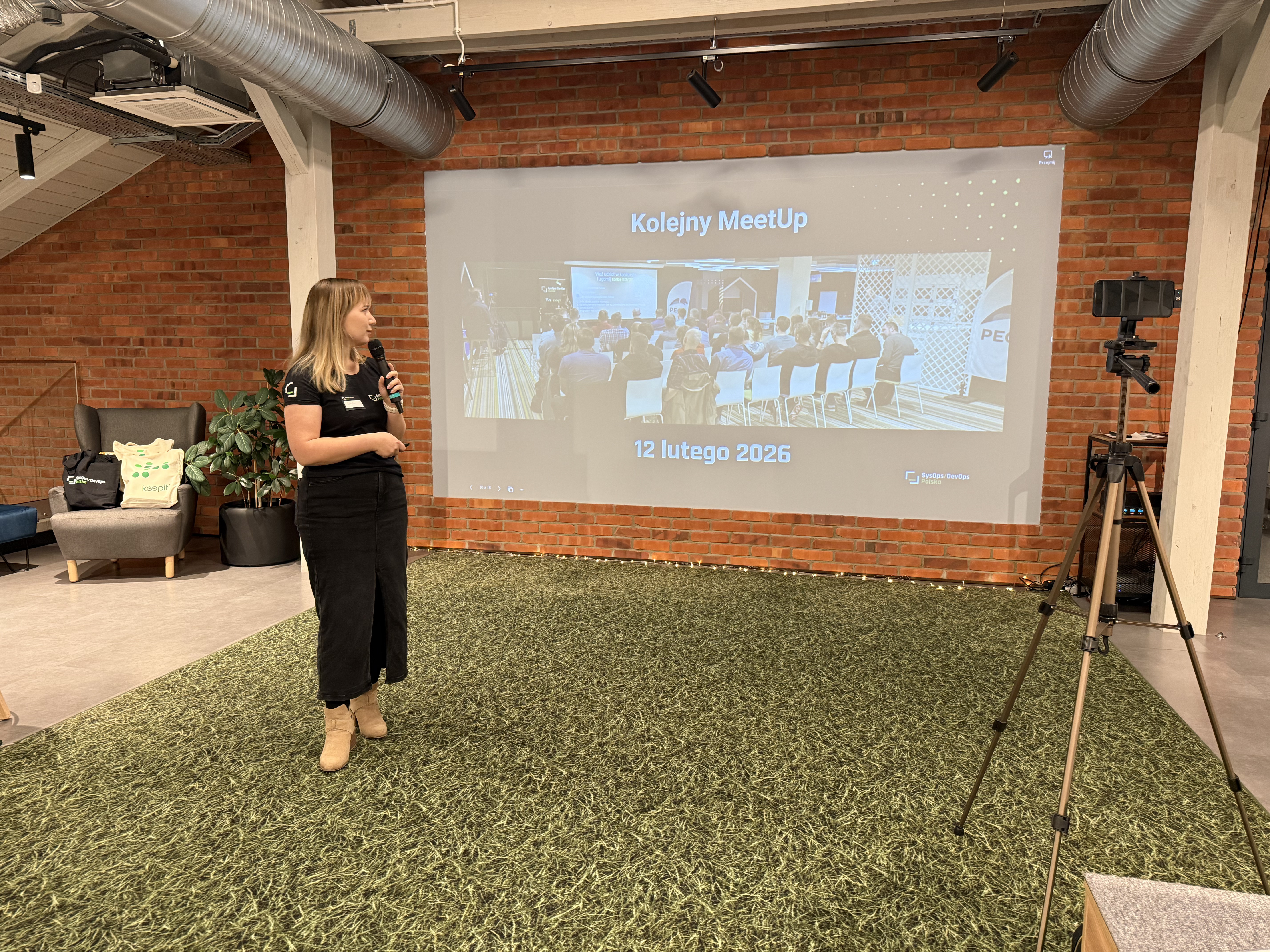.
A few days ago Paweł Wrzeszcz sent me an Erik Meijer’s talk „One Hacker Way” https://www.youtube.com/embed/FvMuPtuvP5wfrom GOTO Conference that took place in Copenhagen. It is a very provocative talk and that is very good. It questions the (mostly) the Scrum method and it is good that such point of view stands out because as Scrum became the main process framework for software development it is very healthy to look at it in a critical way. As a industry we have 20 years of Agile experience, Agile became a big business machine (which I am also part of) and it is very easy to destort the core ideas what really happens especially when doing Agile at Scale (take a look at Dave Thomas’ Agile is Dead talk https://www.youtube.com/embed/a-BOSpxYJ9M).
So the Erik’s talk is about ending status quo about Agile.
What I don’t like about it is the form it is presented. It is very manipulative and Erik’s presents one way thinking. Some examples:
- · he compares Scrum to McDonalds (process, average predictible quantity and quality, any teenager can work there) – which programmer wants to work in McDonalds? A biased metaphore;
- · he builds attractive identity – the Hacker identity in opposite to Agile team player;
- · „I prefer build software (coding) than doing standups” – is it in oppoiste?
- · Scrum is about controlling Hacking is about freedom and innovation - really?;
- · „every minute of talking about software is lost” – it reminds me an old programmers antipattern of just going into the code not thinking much about the context.
What kind of antidote Erik wants to recommend? The hacker way:
- Focus on impact – solve the most important problem;
- Move fast – you can learn only by doing;
- Be bold – take risks, experiment;
- Be open – be transparent about decisions;
- Build social value – bring what you did to community.
What I can see in the above values? Exactely values of Agile and Scrum.
- Focus on impact is about creating business value;
- Move fast – inspect and adapt;
- Be bold – courage;
- Be open – transparency;
- Build social value – I can’t see anything directly connected to it, but I think it is very aligned with agile.
What I also don’t like much about the talk is that it lacks of context. Erik’s worked for Microsoft, Facebook and these are the sources of his expriences. He presents a view of software company that has its own product. (I know that he claims that in the future the biggest companies will be the software ones). What about software companies that outsource their services, what about companies that just have their IT deparment with a bunch of developers? The hacker way is a developer-centric idea, which can be applied in companies that are developers-centric and having its own product. Why having its own product? Beacuse hacker way is about doing experiments (more than planning in any way) and taking what was done (Eric Meijer’s says „Be a beekeeper. Let programmers make the honey and take what they did). Experiments are about having a time buffer to do it what is not much possible when you just have a small profit margin from programmers work (when you do B2B services). Developer-centricity also mean that you need very skillful programmers. To summarize up, the context for The Hacker Way is:
- · a developer-centric software development company;
- · having its own product;
- · having top programmers on board;
- · where the core business is about innovation.
What more can we get from this? What is the meta-level message of Erik Meijers?
In my opinion some part of community (industry) is a little bit tired of Agile/Scrum/whatever you call it. It moved towords a management method more than to Software Craftsmanship (and this is also the reason why the Software Craftsmanship emerged). I can hear the voice, that programmers got involved into planning, talking about requirements, micromanaging and are not much happy about it. They want to code. Although the goal of introducing Agile is to ease the process, it is still quite heavy when we come to the meetings (what is also my observation after years of practicing Scrum), especially in Scaled implementation of Agile. And I think that it is important to hear this voice and find the way how to tune it. It is kind of „inspect” message and it is time to adapt.








.png)

